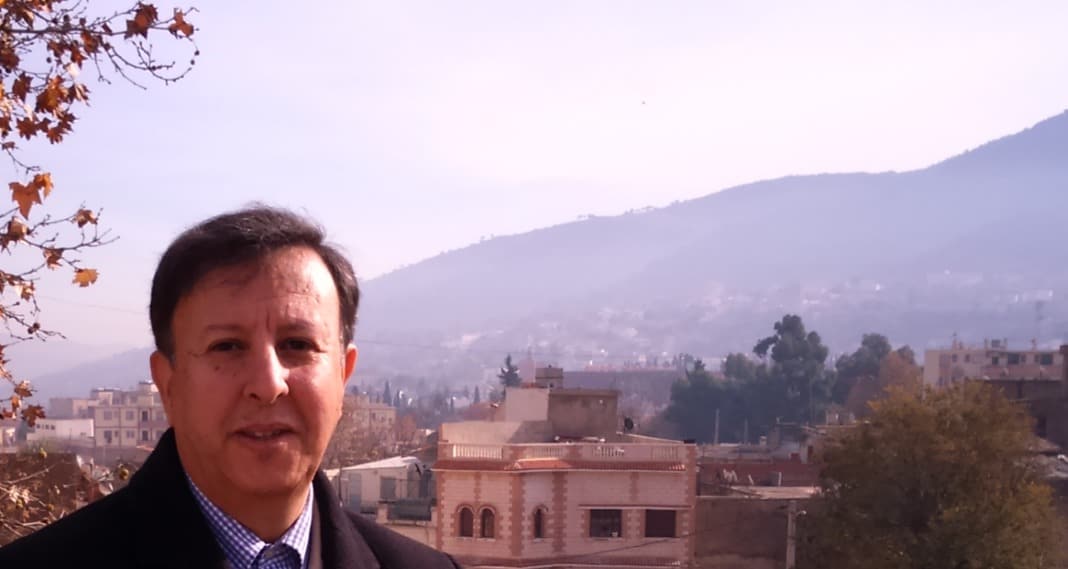What role can Algerian students play in the ongoing political changes ?

The answer from Zoubir Benleulmi
DR. ZOUBIR BENLEULMI (E.11 AND DOCTORATE FROM UTC) is the founder of the White Sea Business School in Algiers. He was chief architect and then director of the Architecture & Standard Design Group at Philips Consumer Electronics (France) and Philips Consumer Lifestyle (Singapore). He is the author of Paroles d’Algériens [Words of Algerians] (2019) and co-author of Conduite du changement dans l’Université algérienne: objectif Excellence [Change Management in Algerian Universities: Objective Excellence] (2015).
There are 2 million students in Algeria, spread across roughly one hundred universities. They are at the forefront of the current political protest movement, the Hirak, which began on February 22nd, 2019. They regularly hold assemblies where they debate and vote on the actions to be taken (demonstrations, strikes, etc.). They make extensive use of social media and work with teachers to better understand how the State works and what reforms need to be implemented. Those students carry the aspirations of an entire people. They want to change the current system and put an end to despotism, the stranglehold of an oligarchy, and the disastrous management of the country. They want a State governed by the rule of law and reaffirm that Algeria is a republic and not a monarchy. Those young people also aspire to a decent life in this new Algeria, with job opportunities, access to housing, and all the rest. With its general mobilization of the population and aspirations for change, the Hirak could be likened to a more peaceful version of the May 1968 uprising.
The country is feeling the effects of the brain drain (particularly to France and Canada). Some graduates leave to pursue further studies at international universities, while others go in search of employment and a better quality of life. As a result, we are suffering from a severe lack of skills to manage the country and drive the economy. This contributes to the vicious circle of mediocrity. As a senior official recently told me: “Our best and brightest are leaving the country.” In part, this is because the destination countries promote skilled immigration. According to a study published by Cread (Algeria’s Center for Research in Applied Development Economics), there are 10,000 Algerian doctors practicing in France. And of those who emigrate, very few return. We would probably see more people coming back if there was major political change in the country. But experience shows that it is difficult for those who have started families in Western countries to return. I know an Algerian scientist who came back from the United States to settle in Algeria with his children. After two years, he left again.
In Algeria, the minimum wage is around €135 per month. This means that many Algerians struggle to support themselves, especially if they have children. To cope with this situation, basic products such as bread, milk, semolina, oil, electricity, and gas are subsidized. We also have social safety net policies, such as free healthcare in public hospitals, a health card for access to medicines (the Chiffa card), free education up to the level of university, social housing, and so on. Such policies place a heavy burden on the national budget. Another cost that Algeria is currently struggling with is falling oil prices, especially since the population is increasing by about one million people each year. To unleash Algeria’s potential, we need to promote the establishment of a state governed by the rule of law, based on the principles of equity and solidarity, with a focus on the development of human capital. To get there, we need honest and competent people who set an example, bring together and mobilize our collective intelligence on issues such as reforms to improve the education system, create a better business climate, modernize the administration, and diversify the economy.
Published by La rédaction

